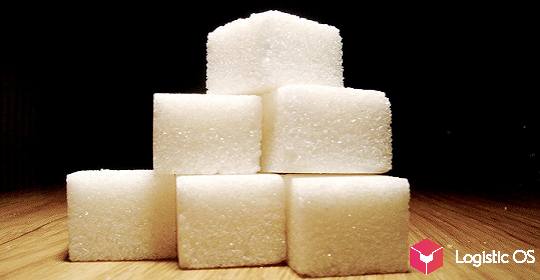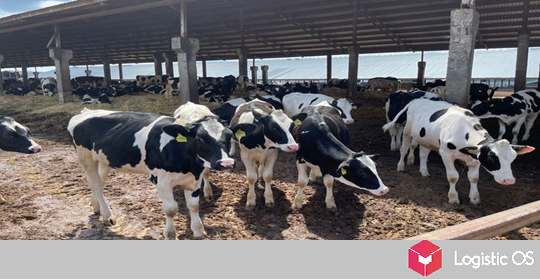The situation with the supply of plant protection products is becoming more complicated due to the possible withdrawal of foreign suppliers from the country.
First of all, we are talking about the active ingredients in pesticides and chemicals. The problem is that they are designed for certain cultures and owned by companies.
Almost 100% of active ingredients come from foreign suppliers.
In Russia, such companies are, for example, Bayer, Syngenta, etc.
Bayer previously announced that it would make a decision on the supply of plant protection products to the Russian market for 2023-2024, given the situation in Ukraine. For the 2022 harvest, plant protection products have already been paid for and delivered.
In general, experts estimate the increase in the price of pesticides and agrochemicals by 50% amid the difficult situation on the market.
Foreign companies producing active ingredients work in the Russian Federation due to the fact that they are localized in the country.
At the same time, Syngenta, for example, has active ingredients that are registered both in Russia and abroad. And they can be presented on the Russian market in a limited form: one of the company’s herbicides is not registered on the Russian market in the phase available to foreign countries.
If we talk about biopesticides, there is no such dependence on imports, and their production in Russia is quite developed: more than 20 private companies and 30 biolaboratories of the Russian Agricultural Center operate in our country, production is growing by 20-30% per year.
But it is impossible to completely replace chemicals with bio: the soil is depleted from the long use of chemical fertilizers, plants become immune to the effects of chemicals.
Therefore, the current market trend is the joint use of chemical and biological products to increase the effectiveness of the plant protection system.
One of the important points in simplifying the system of registration of plant protection products is the reduction of terms.
At the moment, depending on the drug, registration can take 4-5 years.
An important point that raises questions among agricultural producers and experts in connection with the possible simplification of the registration procedure for PPPs is the possible appearance of low-quality drugs on the market.

